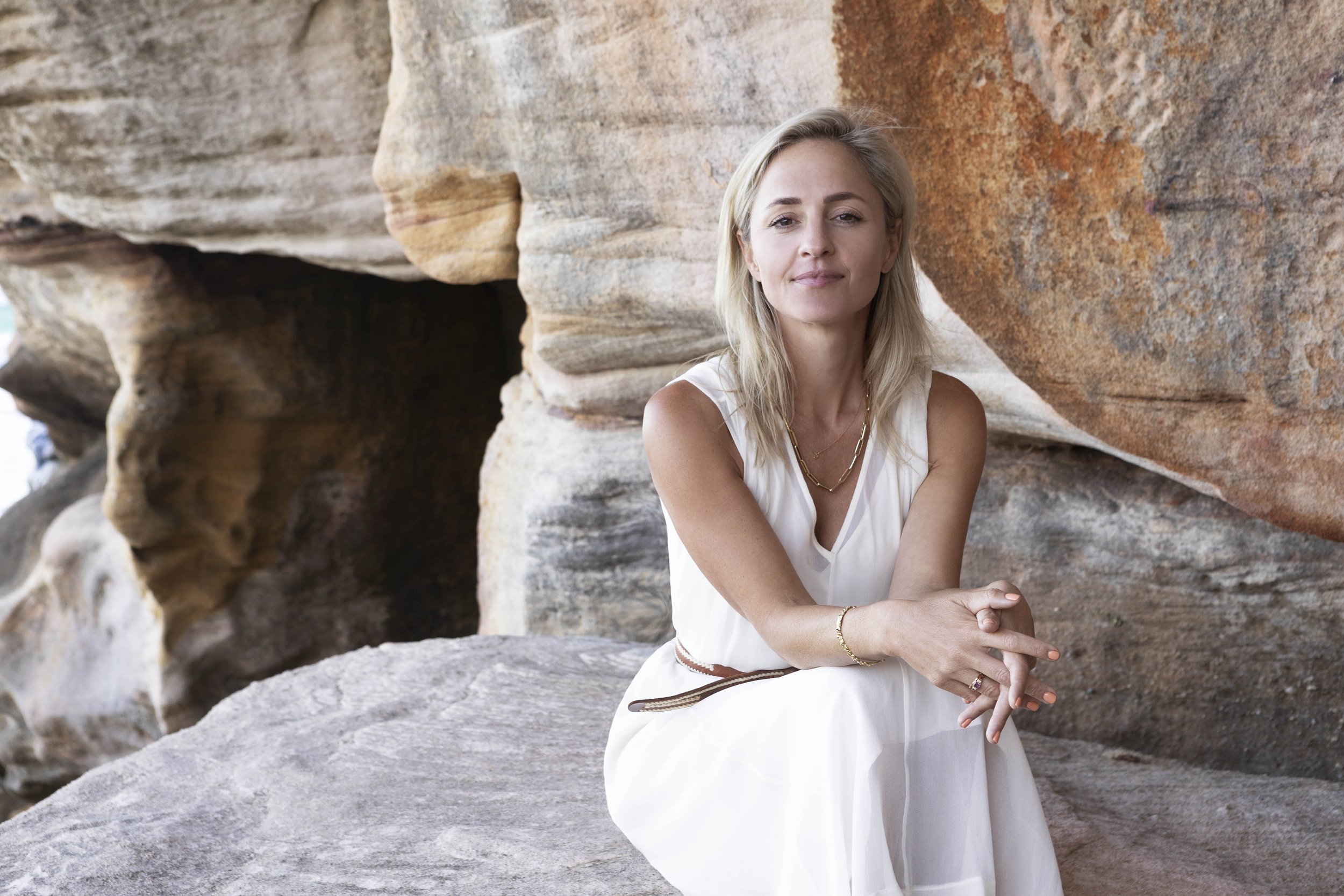Cultivating Self-Compassion
Often we can readily express compassion towards others, but are less quick to be able to give it to ourselves when we believe we've acted 'unconsciously', in a way we regret or where we caused another suffering and instead revel in self-judgement or guilt. We may even become irritated or disappointed with ourselves for not being ‘further along’ or the fact that we are ‘still’ behaving in a certain way.
In order to best embody this towards ourself, as well as to others, it's necessary to look at the deeper mechanics of life, the function of guilt and what may be a more relevant response in the moment.
Firstly, we must understand that everything in Nature, including ourselves, is acting according to its current state of consciousness. Animals behave according to their nature. Humans, by nature of the sophistication of their nervous system & brain function, have the capacity for higher consciousness, a more sophisticated range and repertoire of responses than animals, and the ability to reflect and expand consciousness. This means that we are always doing the best we can/could at the time. If we could have done better at that time, or in that moment, we would have. If we were meant to be in a higher state of consciousness at the time, we would have been. Nature, totality, your higher nature, has the ability to upgrade any one of its billions of nervous systems at any time. This could happen by virtue of a swift upgrade, which would be experienced by us as a more intensive release of stress (and often we have judgement or resistance to this when actually we are being given exactly that which we desire - an upgrade), or the gradual upgrading and expansion of consciousness by virtue of the awareness we ‘suddenly’ gain after an event, or the knowing which comes where we see how we acted and what might have been a higher path/action. Where does this inspiration, this cognition, or knowing come from? From Nature itself, from our own Self. Gently guiding us on the path of evolution. Awareness itself is the first step, and also a sign of higher consciousness. When we know better, we can start to try to do better.
It is not the most relevant, or useful, response to then layer this awareness with judgement or guilt. What’s happened has already passed. By ruminating on it, we rescind our ability to be present, in the true moment, performing action which is relevant to our evolution, to that of others, and the whole. Guilt is also a useless emotion. It does not absolve us of the ‘wrong’ we committed. These responses are literally a waste of time, a waste of Nature’s time, which is the one same thing.
So what can be done in the moment? Firstly, we note that knowledge, that awareness that we could have done better, and we can make a commitment to do better next time. The power of that intention starts to shift our actions in that direction and we will find that we can catch ourselves earlier and earlier, perhaps with the ability to make a different choice or not to act on an emotion rising within us. We may not succeed every time, or the first time, but we are growing, and growing involves learning, just like when a baby first learns to walk - we begin in a wobbly fashion, we fall down and get up again, many times, until we eventually start to be able to walk. We walk better, further, more smoothly. Finally we find that walking takes no effort at all. And what is our parent doing? Gently guiding us, calling us on with encouragement and love. This is the role of Big Self, and so when we embody that attitude towards ourself, towards the areas where we are growing or where we wish to do better, then we are embodying the highest aspects of Nature itself.
Secondly, we let go of the judgement, the berating thoughts, the guilt. If there are reparations to be made -apologies for instance - we rise into those actions. If the person is no longer in our life, or has passed on, we can apologise in consciousness. Recognising that these emotions do not serve us allows us the freedom to move on from them. We can soften, and see ourself as the baby learning to walk, and show ourself the love we would give to such a child. We accept ourselves, our current state of evolution in the knowledge that we are evolving, and that our worth is based in what we are - pure expressions of consciousness, all of equal worth, by nature of our very existence. We become present, bring our senses back to the present moment, where we can be relevant, and fulfil our evolutionary role. Holding onto resentments or guilt, towards ourself or another causes a strain on evolution and drag on our nervous system, which benefits no-one.
If you find it difficult to let go, regular meditation is the first step. Every time you meditate, you’re practising letting go by virtue of our practice and the way in which we use the mantra. Over time, meditators find that it’s easier to let go outside of meditation, eventually one finds that as awareness expands, spontaneously that state of awareness is unable to hold onto these stresses for very long, if at all. To consciously let go, you can take the resentment/guilt/judgment and imagine it as a stone and let go of it into the ocean of your expanded awareness, surrendering those feelings over to Nature, to your own Self.
When we can accept, forgive and let go of judgement towards ourself, it’s an act of love, ultimately it’s love of the Self. The purity that exists within all of us. When we can do this for ourself, we can more readily do it for others, and vice versa. We then tend to find that, by the reciprocal nature of our Universe, our own Self, that others also more readily accept us on our path to our highest evolution.
Much love
Georgia x











